Democracy Day Changed From May 29 To June 12
On June 6, 2018, the then-Nigerian President, Muhammadu Buhari, officially declared June 12 as Democracy Day.
Before this declaration, Nigerians celebrated Democracy Day on May 29 for 18 years. This date, May 29th, marked the transition of power from a military government to an elected civilian administration for the second time in Nigeria's history. Such transition first occurred on October 1, 1979, when Alhaji Shehu Shagari was sworn in as Nigeria's executive President after General Olusegun Obasanjo, the then-head of State, decided to return the country to civilian rule.
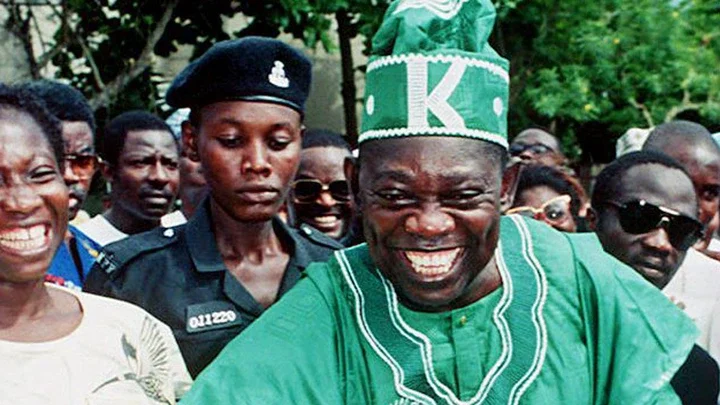
However, many Nigerians, regarded June 12, 1993, as a more significant date for democracy in Nigeria than either May 29 or October 1. On June 12, 1993, millions of Nigerians participated in what is widely regarded as the freest, fairest, and most peaceful election in the country since independence and they overwhelmingly voted across ethnic and religious lines for MKO Abiola who emerged as the President-Elect. Although the military government at the time annulled the election results, the democratic nature of the process remains undisputed.
Following extensive consultations, the Federal Government decided to celebrate June 12 as Democracy Day. Consequently, the Nigerian Government posthumously awarded the highest honor of the land, GCFR, to the late Chief MKO Abiola. His running mate, Ambassador Baba Gana Kingibe, received the GCON honor while late Chief Gani Fawehinmi SAN, a tireless human rights advocate, and champion of the June 12 elections and democracy in general was posthumously awarded a GCON.

The commemoration and investiture ceremony eventually took place on June 12, 2018. From that year onward, June 12 replaced May 29 as a national public holiday in celebration of Nigeria's Democracy Day. Despite all these ceremonial events, Nigerians still ask if true democracy is practiced in the country beyond the ceremonies and what is written on paper.

Israel Invade Lebanon, Beat PLO, Others
Also, on this day in 1982, the Lebanon War began when Israel invaded southern Lebanon. This action followed a period of escalating attacks and counter-attacks between the Palestine Liberation Organization (PLO), operating in southern Lebanon, and the Israeli military, resulting in civilian casualties on both sides.
The invasion was triggered by an assassination attempt on Shlomo Argov, Israel's ambassador to the United Kingdom, carried out by gunmen from the Abu Nidal Organization. Despite Abu Nidal being an enemy of the PLO, then-Israeli Prime Minister, Menachem Begin, held the PLO responsible and used the incident to justify the military operation.
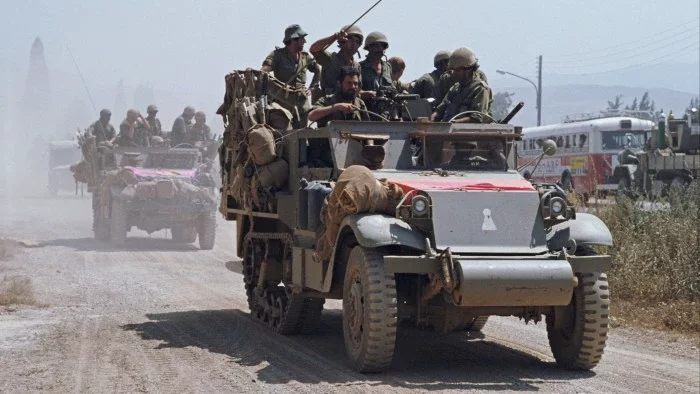
In collaboration with Maronite allies and the self-proclaimed Free Lebanon State, the Israeli military targeted the PLO, as well as Syrian, leftist, and Muslim Lebanese forces. They occupied southern Lebanon and surrounded the PLO and elements of the Syrian Army in West Beirut. Under intense Israeli bombardment, the PLO, led by Yasser Arafat, negotiated their withdrawal from Lebanon with the assistance of U.S. Special Envoy, Philip Habib, and the protection of international peacekeepers, relocating to Tripoli in June 1982.
Israel's objectives were to expel the PLO, reduce Syrian influence in Lebanon, and install a pro-Israeli Christian government led by President Bachir Gemayel, with the hope of securing a peace treaty that Israeli PM Begin claimed would ensure "forty years of peace." However, the assassination of Gemayel in September 1982 destabilized Israel's position in Beirut, making the prospect of signing a peace treaty improbable even as the war was far from over despite Israeli initial wins.


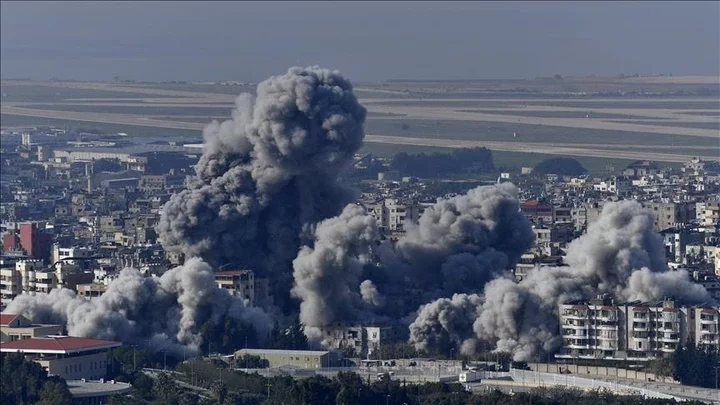
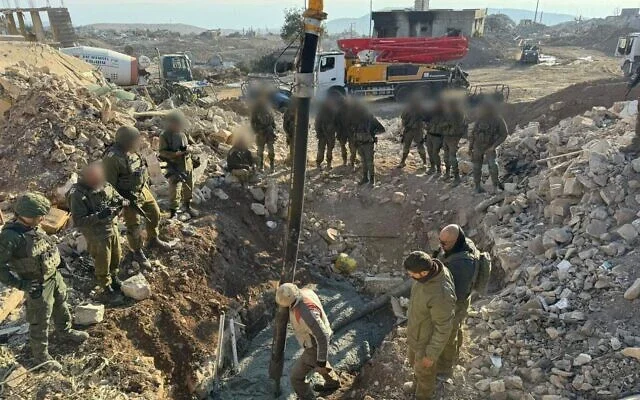
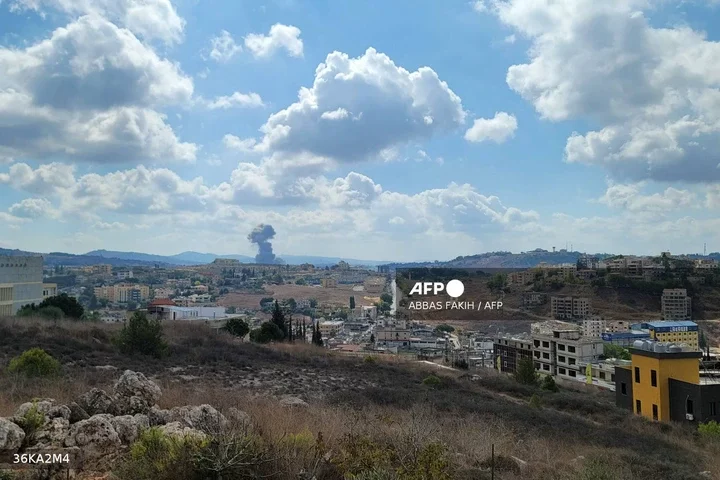
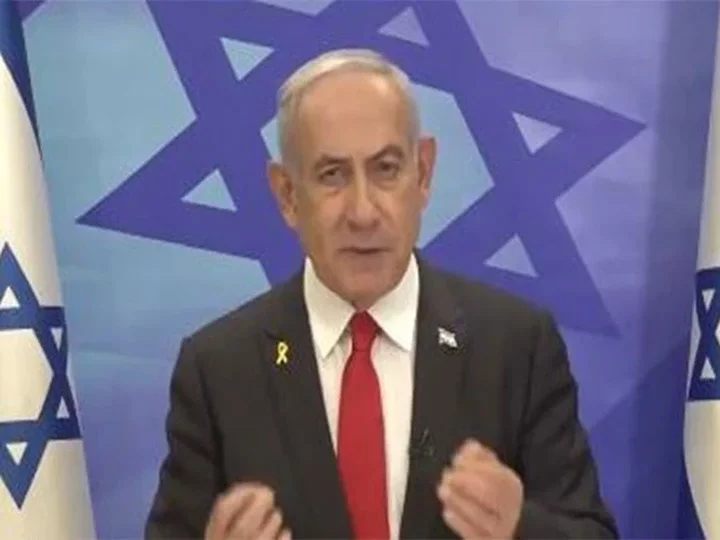










Comments